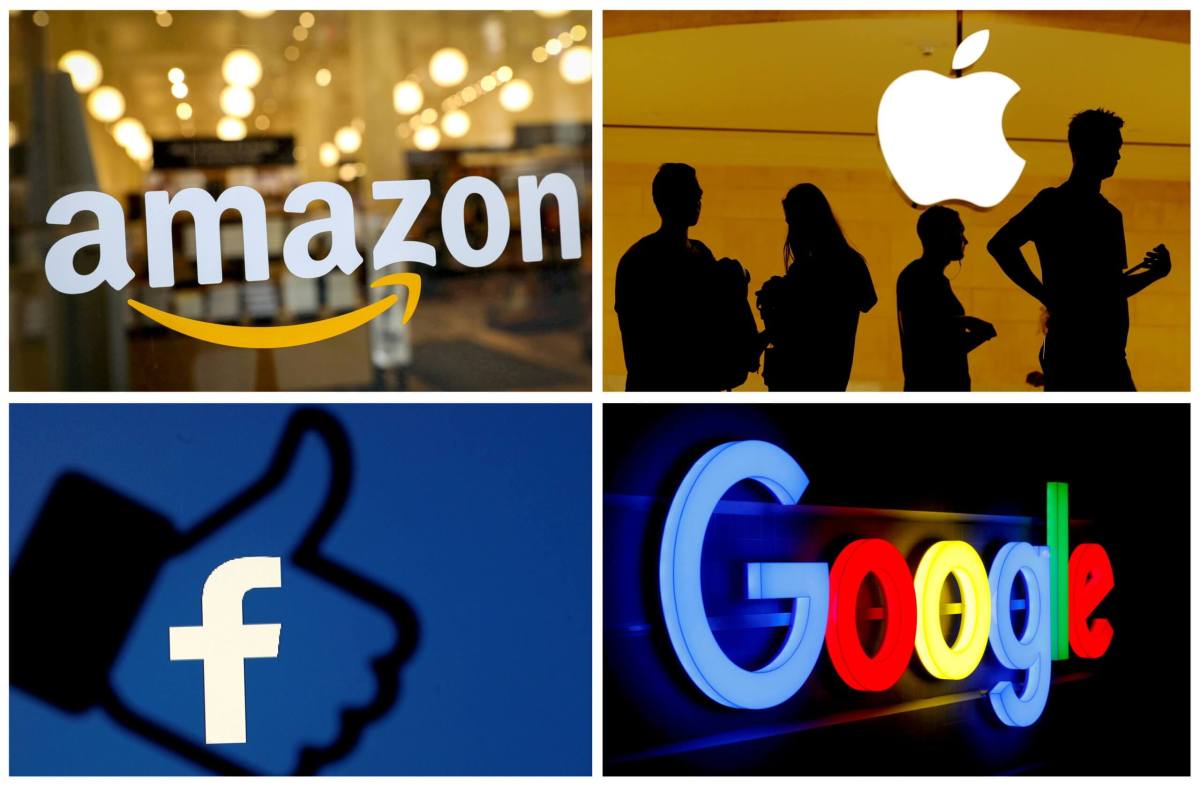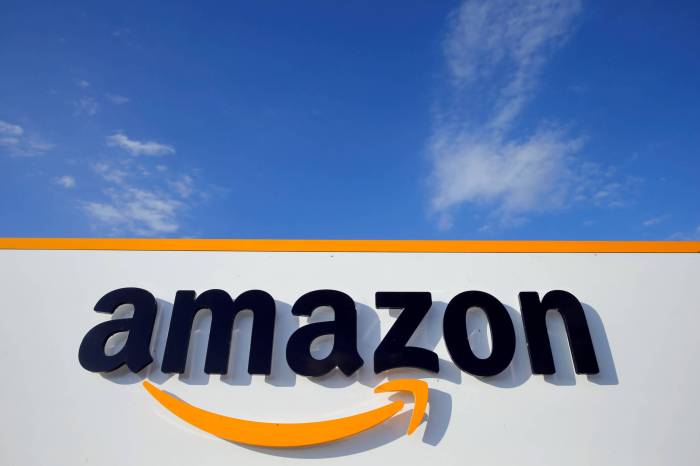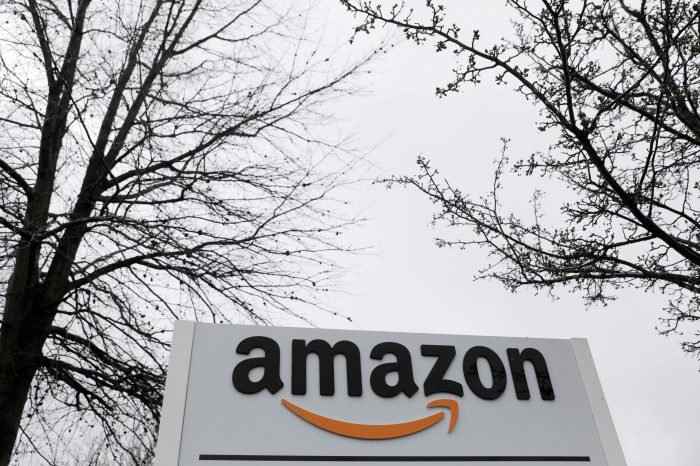The White House is working on an antitrust executive order that aims to push government agencies to consider how their decisions will impact competition in an industry, according to two sources familiar with the matter.
The drive to release such an order comes as House lawmakers are moving forward with sweeping antitrust legislation aimed at restraining the power of Big Tech companies such as Facebook Inc, Alphabet Inc’s Google, Amazon.com Inc and Apple Inc and staving off corporate consolidation.
It was not immediately clear how such an order would aid those efforts on Capitol Hill and rein in the power of large tech companies that have thrived for years without much regulation.
One of the sources described the order as “well developed” and said it builds on a 2016 report by the White House Council of Economic Advisers. Both sources said it is being worked on by former Obama administration officials who now work for President Joe Biden.
The sources said no decision has been made on when or if the order will be released.
White House spokesperson Emilie Simons did not comment on specific details, but said the president made clear during his campaign that he is committed to increasing competition in the American economy, including by banning noncompete agreements for workers and protecting farmers from abusive practices.
“There is no final decision on any actions at this time,” she said.
The White House has recently appointed advocates of antitrust reform to key positions. Earlier this month, Biden named Lina Khan, a prominent critic of Big Tech, as chair of the Federal Trade Commission.
This followed the appointment of Tim Wu, an outspoken critic of Google, Facebook and Amazon, as special assistant to the president on competition policy.
Biden, a Democrat, has yet to name someone to lead the Justice Department’s Antitrust Division, and is believed to be considering Jon Sallet and Jonathan Kanter, both of whom are involved in fighting Google.
The push by Democrats to go after the monopoly power of large tech companies is not new. The House antitrust subcommittee last year released a scathing report on the tech industry after a 16-month investigation, declaring that Amazon, Apple, Facebook and Google engaged in a variety of monopolistic behavior.
Big Tech companies, in particular, face similar challenges to their power around the world, including antitrust investigations in Europe and new legislation in Australia and India to curb their power.
The companies have denied that their business practices hurt competition and consumers.


































